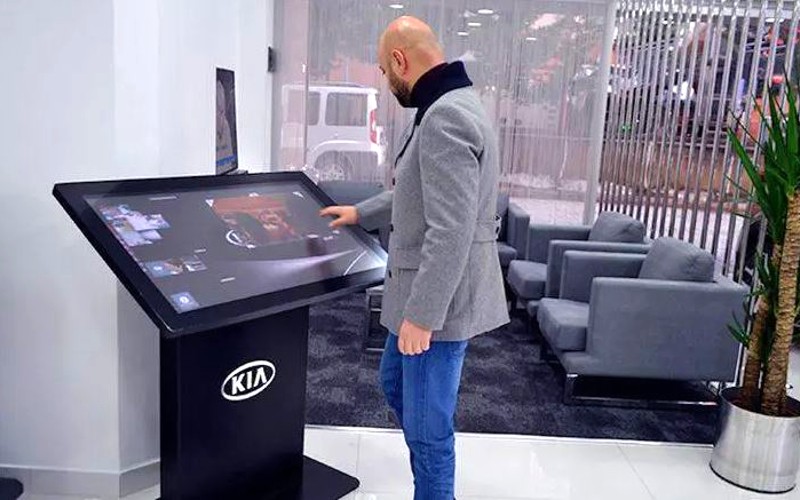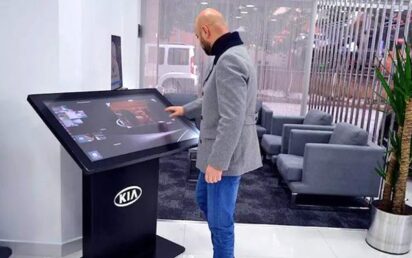Listed Gateshead firm Zytronic is considering several options including solvent liquidation or a sale following a strategic review.
A manufacturer of touch overlay sensors for interactive displays dating back to the 1940s, Zytronic appointed a new chair last year in a bid to turn around its fortunes after sales failed to recover to pre-COVID levels.
The company’s technology – manufactured in three factories in Blaydon – is used in self-service, gaming and industrial applications.
In 2019 it generated £20 million in sales. It now expects to report unaudited revenues for the financial year ended 30th September 2024 of £7.2m, a fall from £8.6m in 2023.
Several of Zytronic’s customers in North America had been affected by the bankruptcy of Aruze Gaming America, while wider overstocking due to supply chain concerns had also hit it hard.
“Whilst the company is expected to generate a 22% increase in revenues in the second half of FY24 versus the first half, trading conditions remained challenging and based on current order intake, the board does not anticipate a material recovery in volumes over the short to medium term,” it stated.
“The company has witnessed a sustained lack of recovery in business performance to its pre-COVID operating level and management’s efforts to battle against a difficult macroeconomic environment have not delivered meaningful results.
“After observing disappointing volumes in FY24, the board has come to the opinion that it is unlikely that a significant improvement will be forthcoming without a strategic catalyst.”
Options on the table include the implementation of a new strategic business plan, an orderly solvent liquidation of the company’s assets, the potential sale of the company – it has now entered an offer period – delisting and continuing as a private company, and selling the assets and continuing as a cash shell.
Zytronic said it is not currently in discussions with any parties over a sale. It added that delisting was a possibility due to the considerable costs associated with maintaining the company’s admission to trading on AIM.
Solvent liquidation is when a company chooses to wind down despite holding assets valued more highly than its debt obligations.


